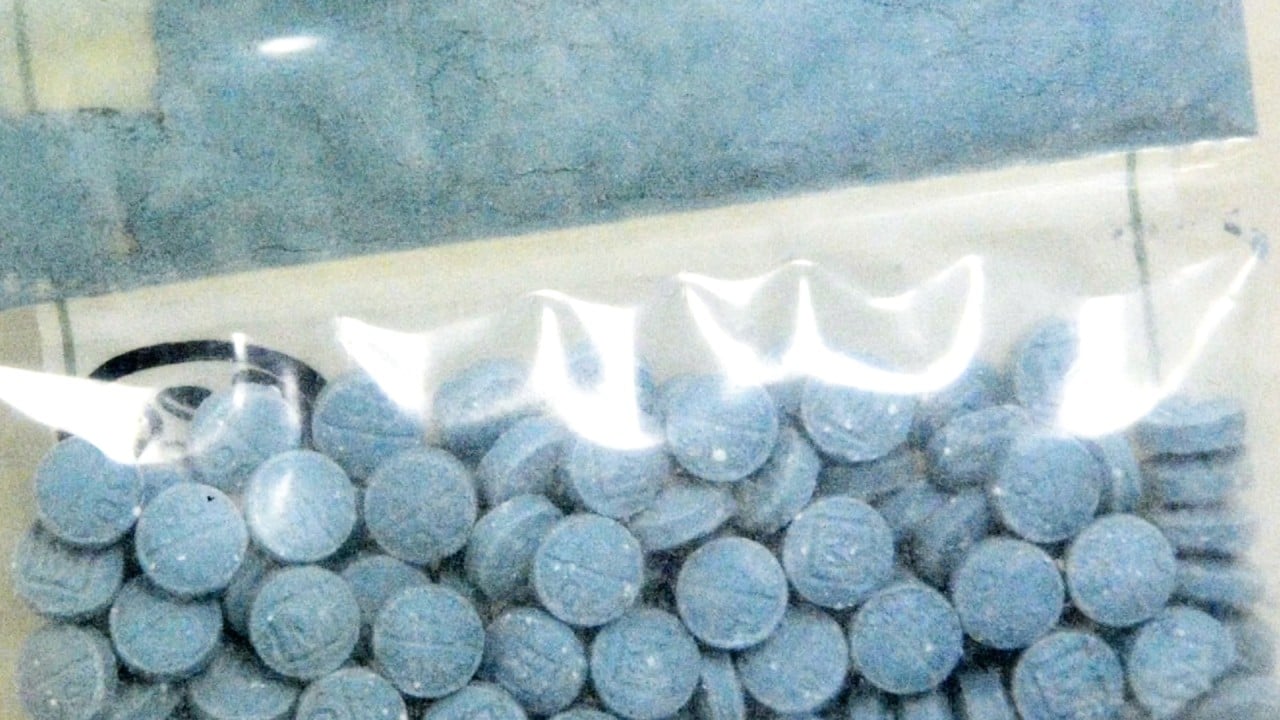Meanwhile, fentanyl consumption in China, Mexico and India remains relatively low, but this could change given their heavy involvement in fentanyl production.
But covert supply chains will continue to diversify to evade detection. For example, while Mexico and China are the main sources of fentanyl and related substances, India emerged as a source of finished fentanyl powder and precursors after 2019, when China implemented restrictions on the production and sale of fentanyl.
US customs has started using artificial intelligence and machine learning models to identify suspicious cars or cargo at the Mexican border. But they face an increasing challenge with production of fentanyl and its precursor chemicals likely to spread to more countries.
In addition to curbing supply, the US government must devise more effective strategies to control fentanyl demand.
Firstly, education serves to discourage the experimental use of fentanyl and raise awareness about its dangers. Local governments need to spearhead public awareness and prevention programmes, which could include billboards, podcasts and webinars, hotlines and more.
Secondly, local governments should collaborate with health professionals to develop detox programmes to alleviate withdrawal symptoms, prevent complications and prepare for further treatment. Additionally, local communities should establish support groups like Narcotics Anonymous and SMART Recovery.
But even effective prevention and rehabilitation programmes cannot eradicate fentanyl addictions. So some states are considering more drastic measures.
In 2022, New York opened the first authorised supervised consumption site in the US. There, individuals can use pre-obtained drugs under the safety and support of trained personnel, preventing overdose deaths. Research shows such sites are effective in reducing drug-related harm. While critics view these sites as illegal and defeatist, supporters see them as a realistic response to the US drug crisis.
‘No one asks to become addicted’: when son died she declared war on drugs
‘No one asks to become addicted’: when son died she declared war on drugs
This form of money laundering is challenging to track and trace, necessitating that the US government engage with China, Mexico and India to adopt more robust anti-money-laundering standards in their banking and financial systems, and trading practices.
Finally, the implementation of much stricter penalties is imperative to dissuade the selling or distribution of fentanyl. In October, Newsom enacted a law to add three years to the prison sentence of anyone guilty of dealing more than 1kg of fentanyl, increasing with the drug weight to top out at an additional 25 years for quantities exceeding 80kg.
The illicit fentanyl supply chain is like Hydra, the mythological Greek creature with multiple regenerating venom-spitting heads. Just as Hercules recognised his inability to fight Hydra without help, the US cannot win this drug war without global support and a strict drug control policy.
Christopher Tang is a distinguished professor at the UCLA Anderson School of Management
Thomas Choi is a regents professor in the W.P. Carey School of Business at Arizona State University





